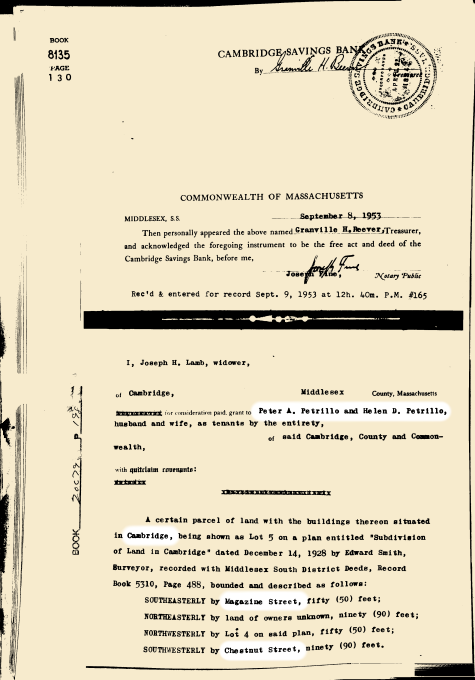
Peter Petrillo and wife Helen Petrillo bought their home in 1953.
The deed shows their newly purchased three-decker sat at the corner of Chestnut Street and Magazine Street.
Their new address would be 139 Magazine St.
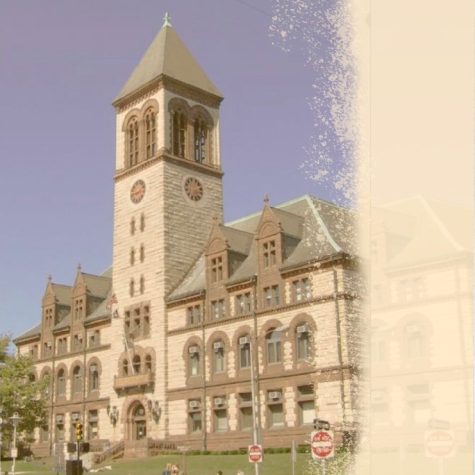
They raised a family and over time became empty nesters.
The Petrillos had a daughter.
She grew up there.
Eventually, she moved out to start a family of her own.
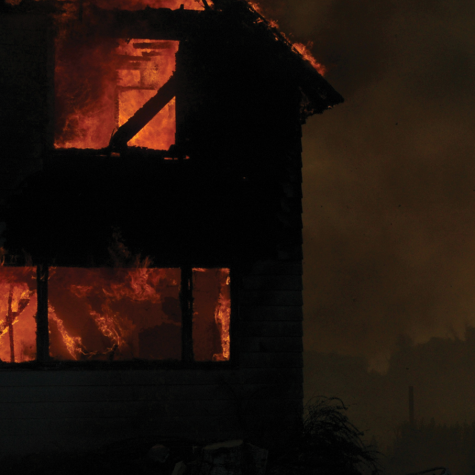
1986: A fire
“We were away in California and when we came back, my daughter and her three kids were living in our house,” Helen Petrillo told Harvard Crimson reporter Curtis R. Chong.
There had been a terrible fire at the daughter’s house. She took her family back to the grandparents’ house at 139 Magazine St.
“We moved into the basement and let them move into the top floor,” Helen said.
Peter Petrillo was 68 years old and retired.
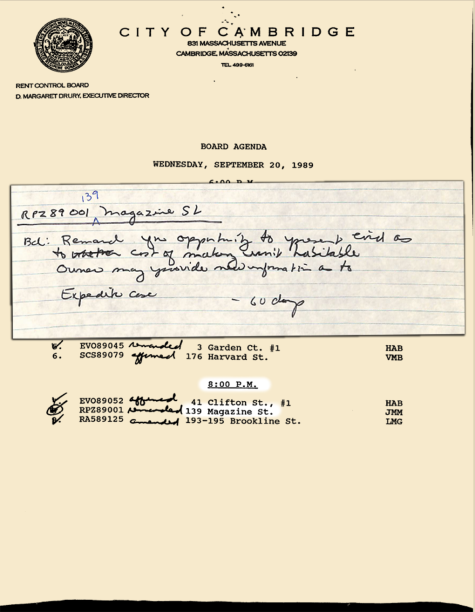
Then came a complaint to the rent control board.
Another renter reported that four families were now living in the three-decker.
This subjected the building to rent control.
The Petrillos had failed to register.
The basement in which they were living had a low ceiling.
The windows were too small to escape in the event of a fire.
It was illegal!
They were in big trouble.
“We hired a lawyer and he filed for a removal permit,” Helen told Boston Globe reporter Diane Lewis.
A removal permit was necessary to exempt the board from the rent control regulations.
“The case dragged on for years.
Finally, in September [1989] we were told that we were not a hardship case and would have to remain under rent control because the city needs low-income housing.”
After years of hearings, the Petrillos had lost.
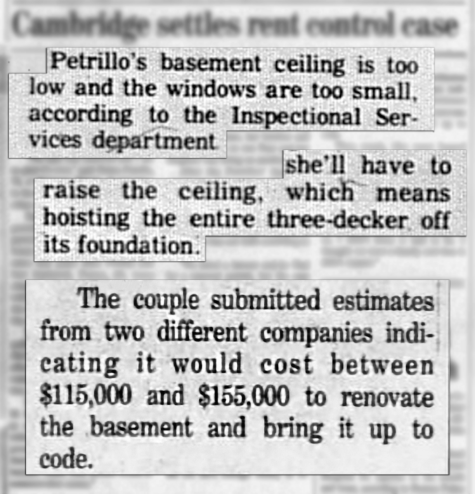
Fall 1989: Jack up the house or leave.
Now subject to rent control, the rent control board sealed the Petrillos’ fate.
Their decision? The Petrillos must jack up the building at their expense.
They had to raise the entire structure off of the foundation and bring the basement ceiling height into compliance.
This was their order.
Meanwhile, the Zoning Board ordered the Petrillos to vacate.
It was another order.
The Petrillos begged both boards to reconsider.
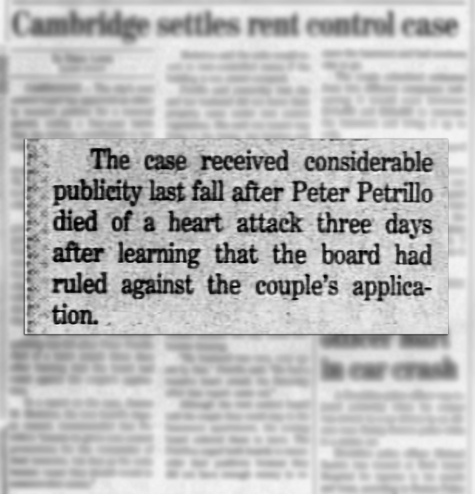
3 days later, Peter had a heart attack.
The rent board order hit Peter like a lightning bolt.
“My husband was very, very upset by that,” Helen told Boston Globe reporter Diane Lewis.
There were no other options. They had no money. They had nowhere else to go.
“He had a massive heart attack the Saturday after that report came out,” Helen said.
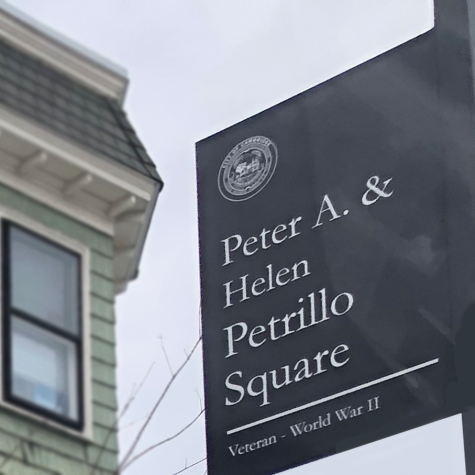
The rent board reversed their decision.
Helen continued the fight after Peter’s death, and eventually won a reversal.
The rent board said she could be exempted after all.
A memorial plaque stands today in Cambridge at the corner where the Petrillos used to live.
It serves as a reminder of great injustice and of irreparable harm at the hands of an unaccountable rent control board.